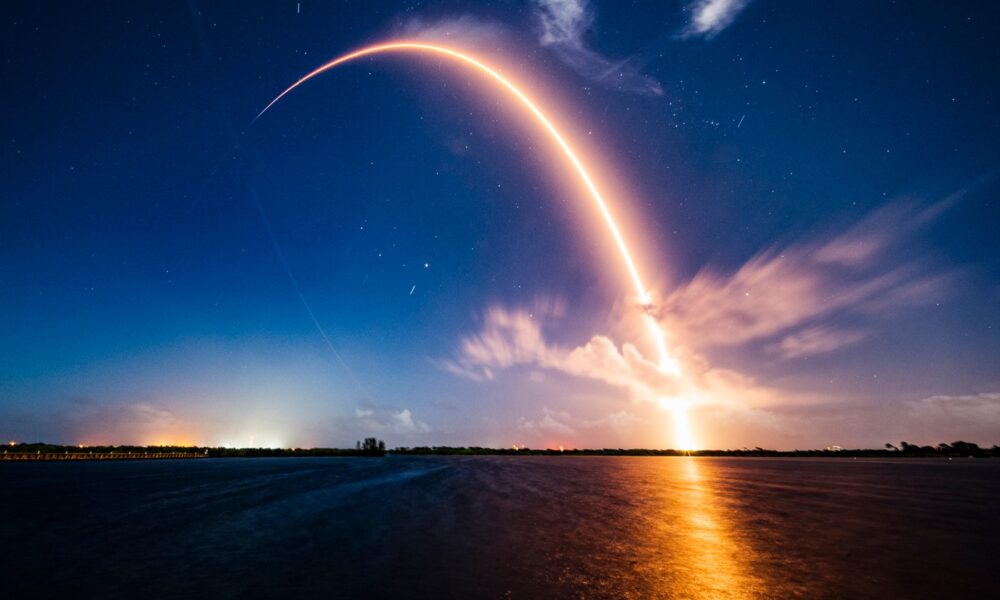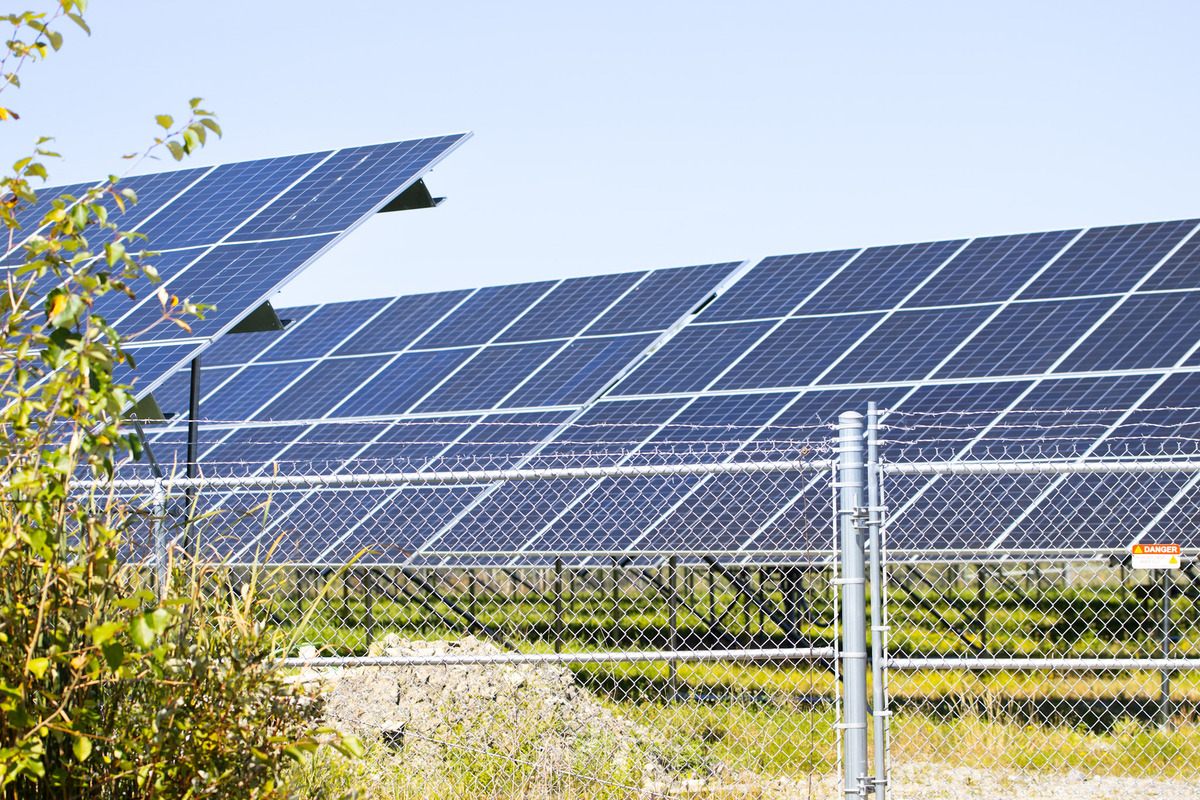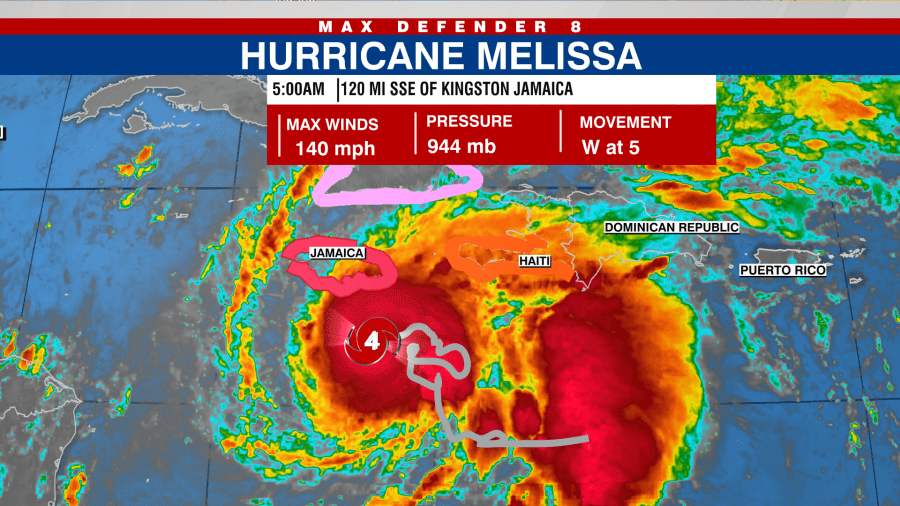URGENT UPDATE: The United States is at a critical juncture in the space race, with China’s ambitions accelerating and the lack of a cohesive U.S. strategy raising alarms. As the world reflects on the 68th anniversary of Sputnik 1’s launch, the stakes have never been higher for national security and economic prosperity.
During Space Week from October 4-10, 2023, the federal government shutdown underscored a troubling absence of leadership in U.S. space initiatives. While the U.S. falters, China has demonstrated a robust commitment to its space program, including the deployment of an AI-driven satellite constellation and ambitious plans for a lunar nuclear power plant in collaboration with Russia.
Experts warn that without immediate action, China could eclipse the U.S. as the dominant space power. According to Dr. Namrata Goswami, a leading space analyst, China’s focus on reusable rockets, orbital logistics, and lunar industrialization positions it to outpace the U.S. soon. The implications of a Chinese-led space initiative are profound, potentially reshaping global governance and security dynamics.
In recent years, China has made significant strides in space exploration, including in-space refueling, the development of a fractional orbital bombardment system, and successfully landing samples from the far side of the moon—a feat yet to be achieved by the U.S. As these developments unfold, analysts express concern over a potential future where American satellites could be vulnerable to sabotage or direct attacks without a clear crisis management strategy in place.
China’s focus extends beyond exploration; it is also investing heavily in space-based solar power, aiming to create a $10 trillion-per-year Earth-Moon economic zone. This investment could revolutionize energy production and create vast economic opportunities. Furthermore, the moon’s resources, particularly Helium-3 and polar ice, present strategic advantages for those who establish a foothold there first.
The urgency for the United States to develop a comprehensive space strategy is palpable. With the private sector leading in launch capabilities—most notably through SpaceX—the U.S. risks losing its competitive edge. While President Trump’s recent executive order to streamline launch licensing marks a step forward, experts emphasize that regulatory changes alone do not constitute a robust strategy.
America’s space capabilities require a focused investment strategy and a clear national vision. Experts warn that failure to lead in this arena will not only diminish the nation’s prestige but also threaten its economic stability and deterrent power on the global stage.
As the U.S. grapples with its next steps, the question remains: will it rise to the challenge and innovate, or will it be caught off guard by the next Sputnik moment? The world watches closely as these developments unfold, highlighting a pivotal moment in the ongoing space race.
The implications of these advancements are not just theoretical. They affect the security landscape and economic opportunities available to future generations. The time for decisive action is now—before the opportunity slips away. Share this urgent update and stay informed as the situation develops.







